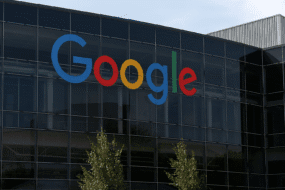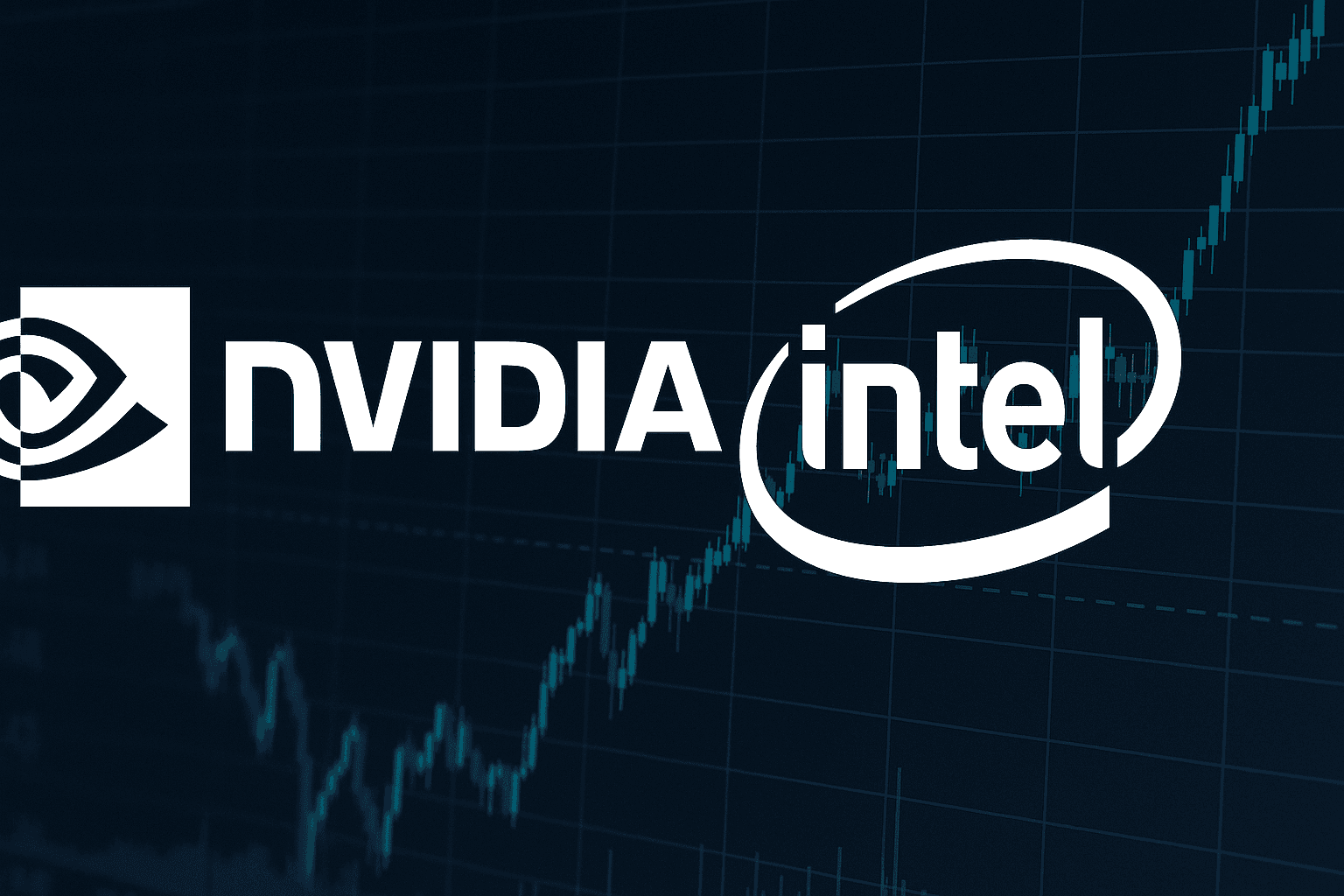OpenAI CEO Sam Altman believes we are just a year away from a significant leap in artificial intelligence capabilities. Speaking at the Snowflake Summit, Altman compared the current generation of AI tools to interns who can work a few hours a day. However, he predicted that by next year, AI agents will be able to operate at the level of experienced software engineers, capable of delivering solutions to complex problems and even aiding in new knowledge discovery.
“Right now, it’s like having an intern,” Altman said. “But soon, it will feel like working with a highly skilled developer who can work tirelessly for days.”
The statement comes amid growing public concerns over job displacement due to increasingly advanced AI models. Altman, however, offered a reassuring yet challenging perspective at the Milken Institute Global Conference, saying, “You’re not going to lose your job to AI, but to someone who knows how to use AI.”
Meanwhile, Anthropic CEO Dario Amodei offered a more stark forecast. In a recent talk, he warned that nearly 50% of entry-level white-collar jobs could be at risk within five years due to automation powered by AI.
Contrasting these views, Google CEO Sundar Pichai expressed optimism on the Lex Fridman podcast, suggesting that AI would act more as an accelerator of creativity rather than a replacement. He added that Google will continue hiring software engineers in the near term, even as the company integrates AI deeper into its products.
This growing debate highlights the diverging views among tech leaders about the pace and impact of AI evolution. While OpenAI and Anthropic are actively developing software engineering agents that could automate large parts of coding tasks, companies like Google advocate for a human-AI collaboration model.
As the capabilities of AI rapidly improve, the broader implications for employment, innovation, and economic transformation remain a topic of intense discussion and global interest.





